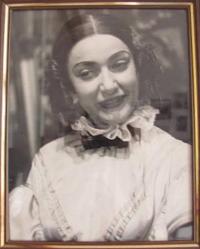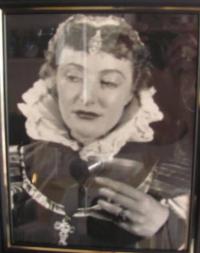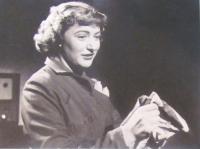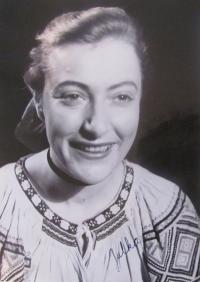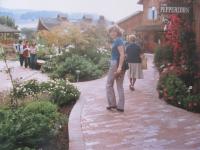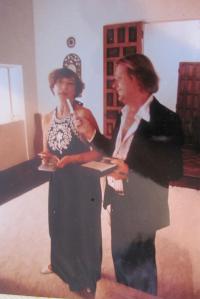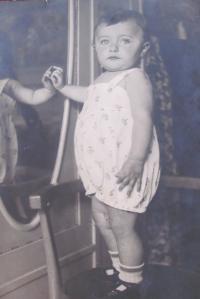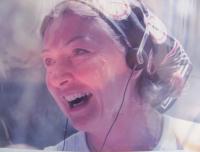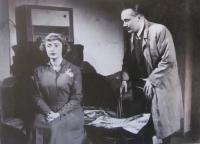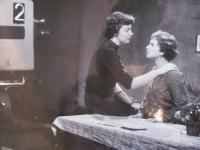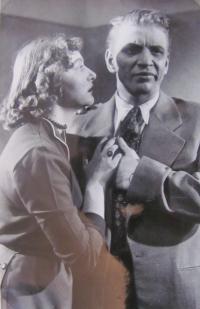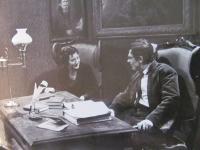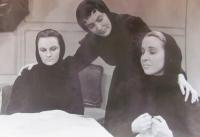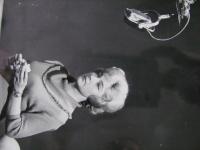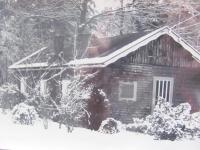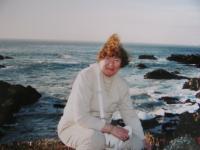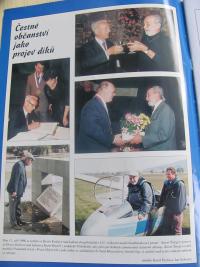It was my sarcasm and humor that kept me afloat the whole time

Download image
Jiřina Stredňanská was born in Olomouc in 1930. Since her mother was seriously ill and her parents divorced in her early childhood, little Jiřina was being brought up by the Dominican sisters in the Olomouc monastery. When she was fourteen years old, she left to live with her father in Jihlava, where she studied at the teacher´s institute. During her whole life she desired to become an actress, and after failures in Prague and Brno, she was accepted to study acting in Bratislava. She began to work in the Nitra theatre, where she met her future husband Ernest Stredňanský. They moved to Bratislava together and Jiřina started to work as a film director in the Slovak Television. In 1968 along with her husband and two little children she emigrated through Vienna to Germany, where she was employed as an editor for Radio Free Europe. In 1972 their journey continued to the USA. Jiřina worked in many different professions, until she became a teacher of American spies in Monterey. These spies were supposed to be deployed for bugging in Czechoslovakia (she taught them Czech and Slovak language). The marriage of Jiřina and Ernest ended with a divorce and she remarried to Karel Štrégl. Because of therapeutic reasons in 1987 she visited spa in Piešťany. This was a special moment in which the State Security tried to force Jiřina to cooperate, however, they were unsuccessful. In 1997 Jiřina Stredňanská returned to Czech Republic and she lives in Brno.
